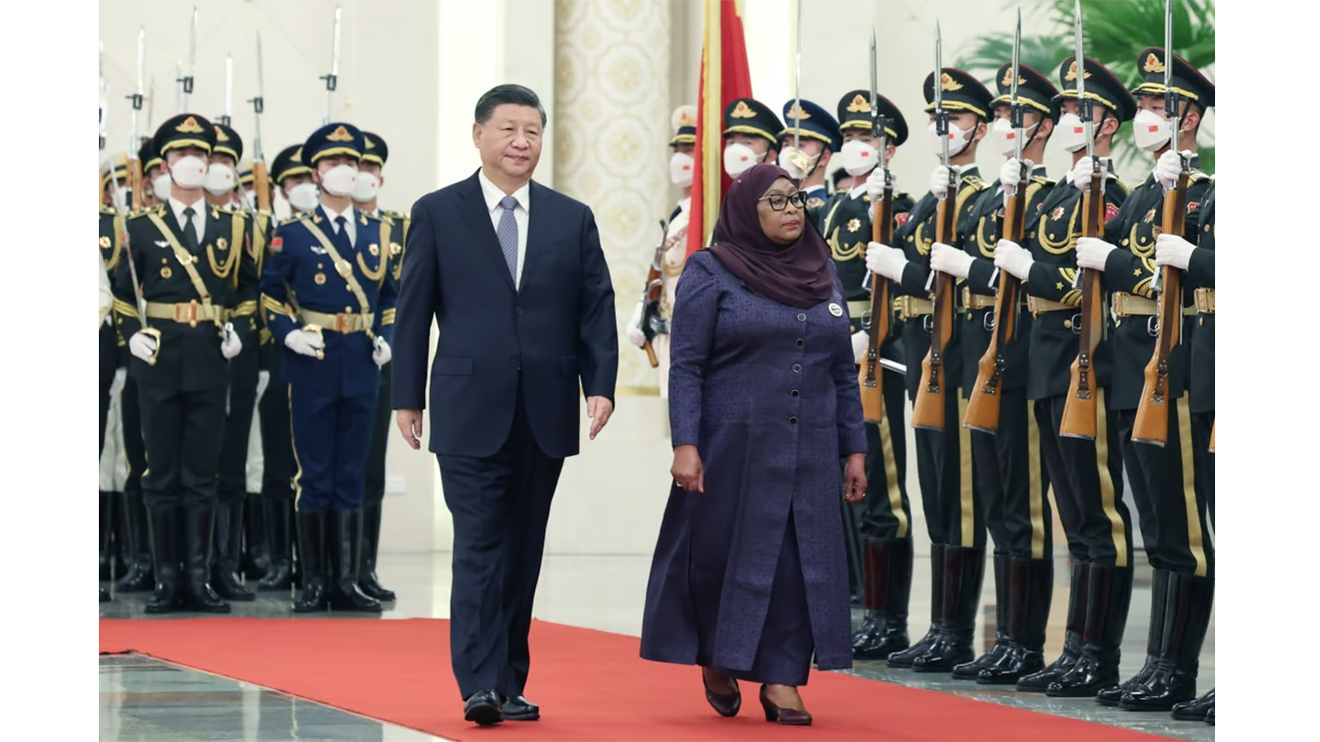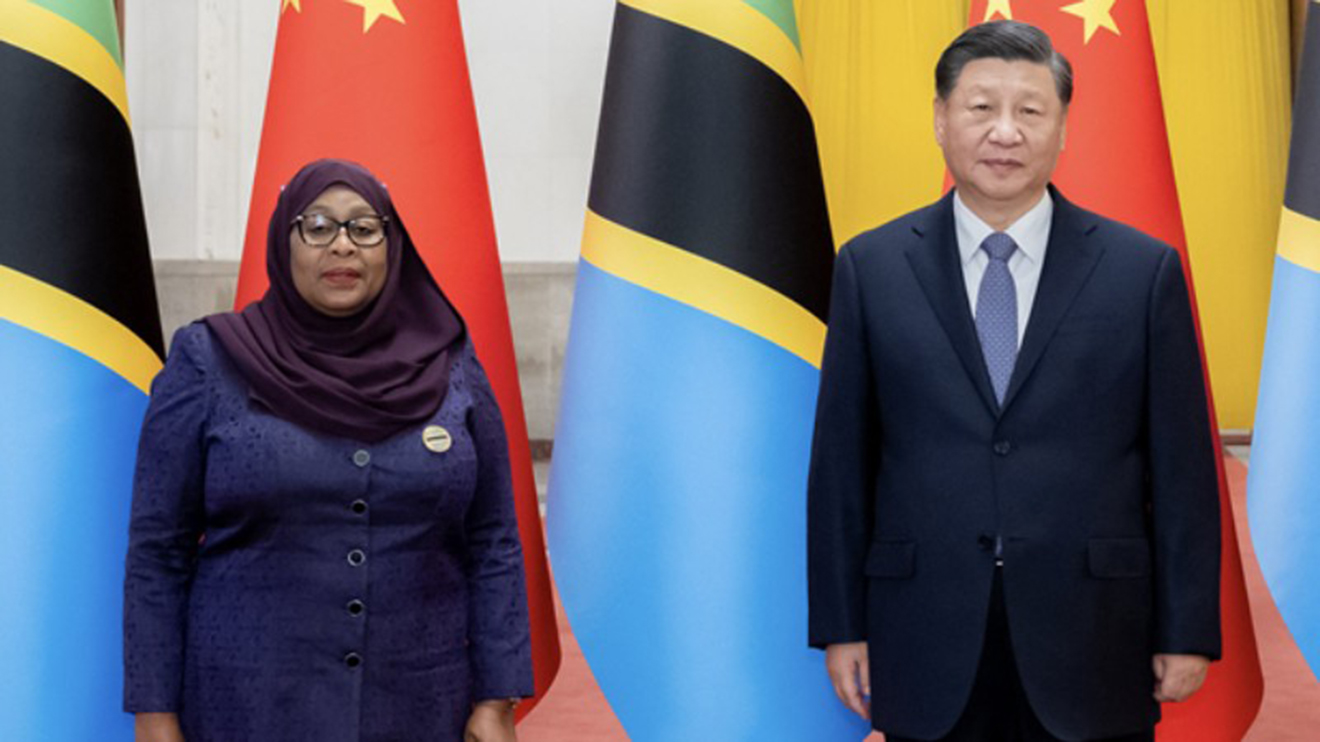China has always been scouting for resource-rich countries in the African continent to invest in and a recent example in East Africa is neighbouring Tanzania.
China has grown to become the top foreign investor in most African countries, including Tanzania which boasts of 1,098 projects and a total investment of approximately US$ 9.6 billion.
Since 2010, the Tanzania - China relations have witnessed a remarkable improvement following the discovery of natural gas reserves in the offshore basin of the Indian Ocean.
The China National Offshore Oil Corporation (CNOOC) acquired a considerable stake in the exploration of Tanzania’s offshore natural gas fields.
The bilateral tie between the two was upgraded to a Comprehensive Strategic Cooperative Partnership in November 2022 when Tanzanian President Samia Suluhu Hassan visited Beijing and met her Chinese counterpart Xi Jinping.
Read More
During the visit, the two partnering nations committed to continue backing each other on sovereignty, territorial integrity and other core matters of interest and major concerns.
China is further seeking to deepen its multifaceted bilateral ties, especially its economic relationship with Tanzania in agreement with its Global Development Initiative (GDI).
In 2019, they inked an MoU on Belt and Road Cooperation to promote infrastructure development and connectivity in Tanzania under Silk Road Economic Belt and 21st century Maritime Silk Road.
In the recent past, China proposed a joint Cooperation Plan to promote the BRI and considering the unique strengths and development demands each country has.
The said plan underscored that enterprises, being guided by government, would be given prominence and that they would be stimulated to ‘act in conformity with market rules’.
The major projects selected under the Cooperation Plan include the 1,860km TAZARA Railway between Dar-es-Salaam and Kapiri Mposhi, Zambia; Ngorongoro Lengai UNESCO Geopark Project; Jakaya Kikwete Cardiac Institute Project; Beidou Navigation Satellite Systems Applications Industrialization Centre; development of Confucius Institutes; and Luban Workshops for skills development and vocational training support.

According to the two sides, the projects would emphasize on promoting tourism and cultural exchanges and financial support under Talented Young Scientist Program (TYSP).
With the Plan, Beijing hopes to shore up China’s footprint in Tanzania exponentially by opening more sectors in the East African country to Chinese business enterprises.
As lucrative as the Cooperation Plan projects seem to Tanzania, it is not lost to many that Chinese infrastructure projects across Africa have often been dogged by controversies.
Furthermore, Chinese agreements, which often take a commercial nature, always have political clauses that mainly serve the politico-strategic objectives of the Asian giant.





-1753808187.jpeg)



 shares a light moment with the company's Group CEO Dr Patrick Tumbo (right) at a past event-1758121528.jpeg)
-1758116028.jpeg)

